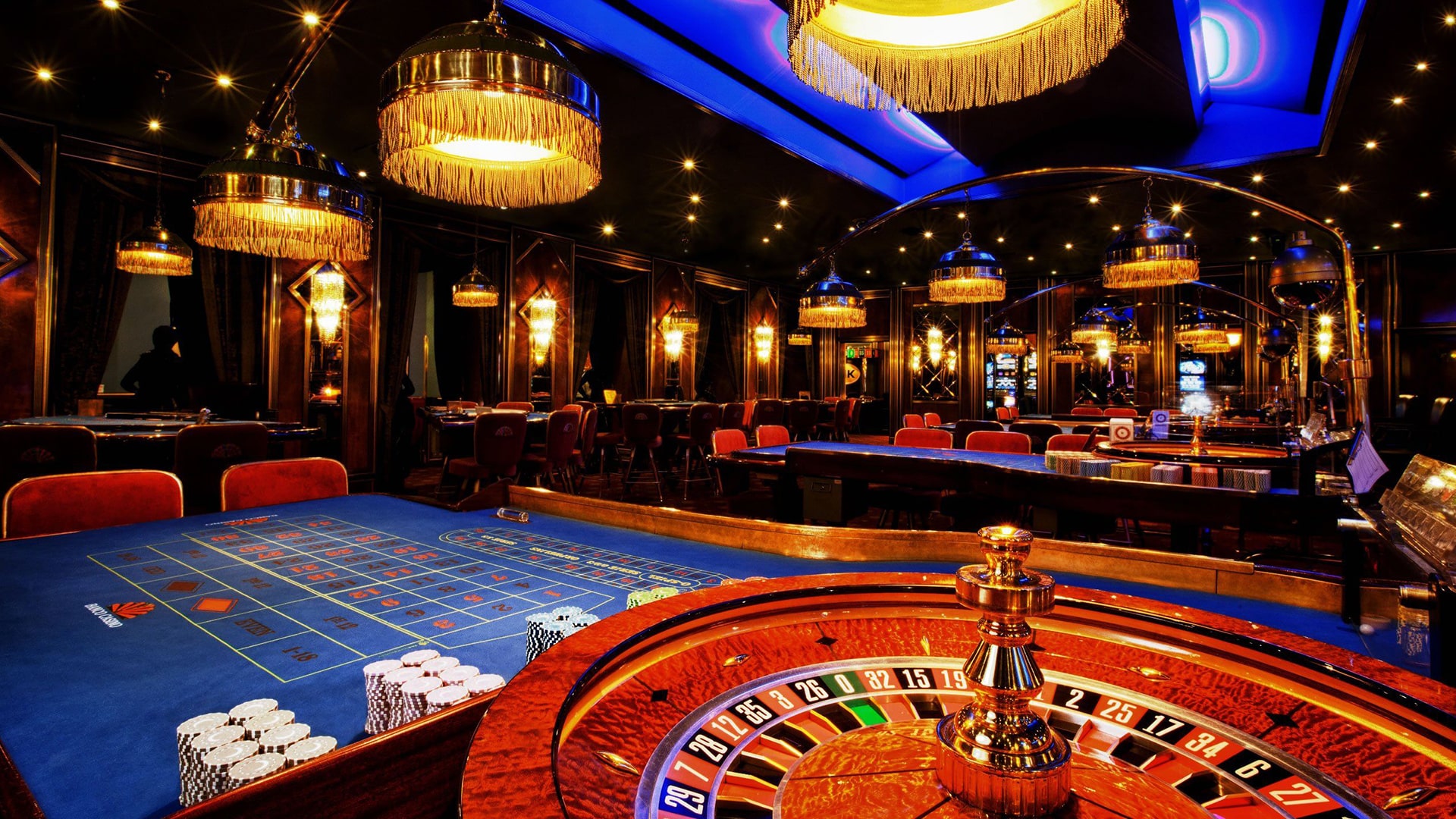
Casino games have enthralled enthusiasts for decades, luring them into a realm of excitement, chance, and prosperity. From the flashing lights of video slots to the intense action of poker tables, these experiences offer a special combination of amusement and hazard. However, below the surface of this glitz and glamour lies a complex relationship of mathematics that determines every outcome and choice made within the casino.
Comprehending this connection between gambling games and math not only boosts the player’s journey but may also help gamblers make knowledgeable decisions. Whether you are a recreational punter or a passionate follower, recognizing the math concepts at play can give important understandings into likelihood, probabilities, and tactics, finally shaping how one deals with these chance games.
Arithmetic Probability in Betting
In the sphere of gambling games, mathematical probability plays a vital role in determining outcomes and guiding gambler decisions. Every game has a specific set of regulations and a specific likelihood framework that shapes its dynamics. For example, in games like the roulette wheel, players must understand the probabilities of choosing a specific digit or shade. The probability of specific occurrences happening can be assessed, and this knowledge can greatly influence wagering tactics.
Players also need to be aware of the casino advantage, which is the mathematical advantage that casinos hold over players in the long term. This edge differs across different games. In blackjack, skilled players can use strategies to minimize the house advantage to as little as 1 %, while in activities like slot machines, the house advantage can be significantly greater. Comprehending the casino advantage allows gamblers to make informed choices about which games to participate in and the amount to wager.
Additionally, probability is crucial in the principle of risk versus gain in gambling. Each bet carries a certain danger factor, and players must consider the possible payout against that risk. Activities like poker require players to not only calculate the chances of their personal hand winning but also to assess the probabilities of their rivals’ hands. By utilizing statistical principles to their strategy, gamblers can boost their chances of success and engage more strategically in the thrilling realm of casino games.
Anticipated Value in Casino Activities
When discussing gambling activities, one of the basic ideas rooted in math is the anticipated worth. This numerical metric assists players grasp the possible outcomes of their bets over time. casinò stranieri In basic terms, expected value (EV) calculates the mean amount a player can expect to win or lose per wager if they were to play the activity repeatedly. Each game has its unique EV, affected by the probabilities and the house edge, which indicates the advantage that the casino holds.
For example, consider a activity like the roulette game. The expected value can be derived based on the specific wager made. If a gambler bets on a single number, the return is 35 to 1, but the actual chances of winning that wager are 1 in 37 (in European roulette). This leads in a detrimental expected value, showing that, on the whole, players will incur a loss money over time when playing this type of wager. Understanding this concept allows gamblers to make more educated decisions about which activities and wagers may be less advantageous.
Additionally, the investigation of anticipated value can lead to better money management. Gamblers who understand the math behind their games are often able to set realistic goals. By recognizing their potential deficits and gains, they can adjust their playing strategies appropriately, which may improve their overall gaming experience. As a consequence, anticipated value serves as a critical tool for both beginner and seasoned gamblers to steer through the frequently volatile nature of gambling activities.
Tactics and Odds: The Mathematics Behind Success
In casino games, understanding the chances is essential for players seeking to maximize their likelihood of winning. Each game has its own specific set of probabilities that dictate winning performances, and these figures are often found in the rules of the game rules or payout schedules. For case, in activities like blackjack, participants can enhance their probabilities through methods such as tracking cards, which relies on mathematical principles to gain an advantage over the house. By acquainting themselves with the probabilities, participants can make more informed choices on when to wager and when to fold.
Additionally, the principle of expected value holds a major part in casino strategies. Average outcome calculates the typical outcome of a wager over a period, allowing gamblers to assess whether a specific stake is worth taking. For instance, slot machines have a fixed return percentage, which can show the expected return a player can expect on their wagers. By selecting activities with greater payout percentages, gamblers can reduce the casino edge, boosting their future winnings in the future.
Lastly, successful players often adopt a mix of chance and math strategy to enhance their gaming experience. While chance is unpredictable, managing a wagering approach based on math insights can lead to more positive results. By making use of techniques such as bankroll management and choosing games, gamblers can apply math to maneuver through the unpredictable nature of casino games, making the most of their efforts and money at the casino.